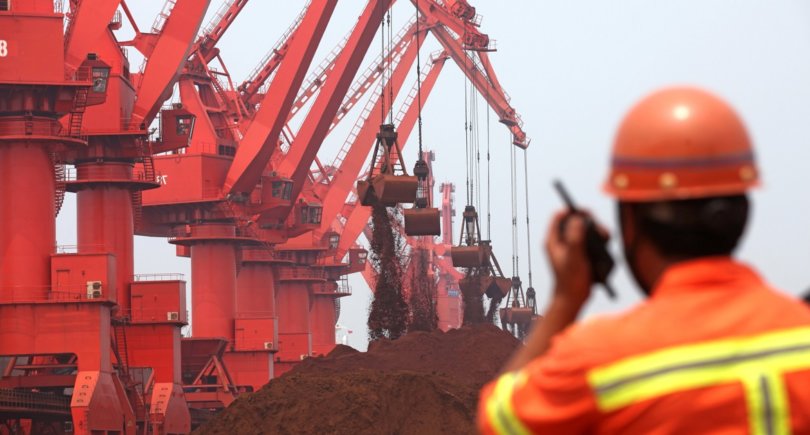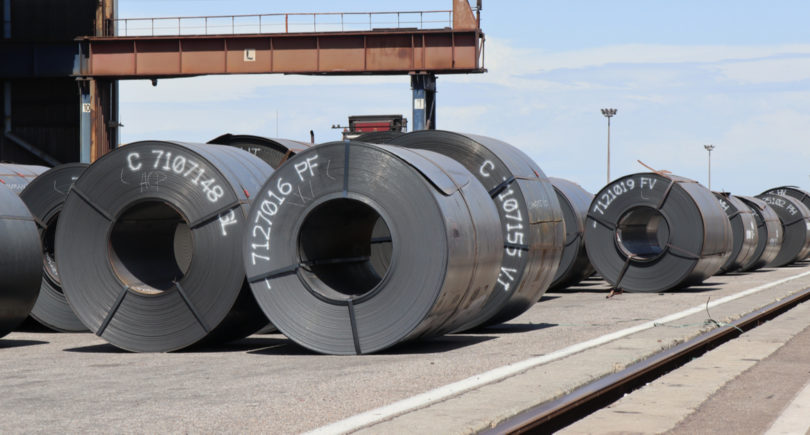
News Global Market CBAM 1071 27 December 2023
The industry advocates the adoption of relevant legislation in 2024
Groups representing US steelmakers are calling for legislation in 2024 to support domestic demand and limit imports of carbon-intensive steel from countries such as China. This was reported by S&P Global.
As Philip Bell, president of the American Steel Association (SMA), explained, at some point the global steel industry will have to realize that trade should be linked to carbon emissions. Currently, the US produces the lowest emission steel in the world, and in order to enter this market, there should be a certain threshold for foreign-made products, he told S&P Global.
Philip Bell and Kevin Dempsey, CEO of the American Iron and Steel Institute, said that the industry supports the introduction of a cross-border carbon fee in the United States. However, American steelmakers do not approve of the introduction of a levy on domestic production, which is the path taken by the EU with the CBAM.
Two bills on carbon taxes have been introduced in the US Congress in recent months. However, it remains to be seen what progress will be made, as 2024 is an election year in the United States.
Dempsey believes that if the US does impose a duty on carbon imports, it is important that these measures apply equally to all steel imports, regardless of their origin. In addition, he believes that the US and the EU have not made significant progress in negotiations on the Global Agreement on Sustainable Steel and Aluminum Production, and there is still much work to be done.
While the negotiations are ongoing, the United States International Trade Commission is investigating the greenhouse gas emissions intensity of the country’s steel and aluminum industry, and its report is due to the US Trade Representative in January 2025 to inform the discussion of a global agreement.
American steelmakers are also concerned about the growth of steel exports from China. According to S&P Global analysts, in 2023, its volume will reach 91 million tons, which is 35% more than in the previous year. According to Philip Bell, this will put pressure on the US market, despite the Section 232 tariffs and relatively successful anti-dumping and countervailing duty cases, as there are many ways for Chinese steel to enter the US. He also reminded that China’s overcapacity is mainly in blast furnace production.
As GMK Center reported earlier, the fundamentals of US steel companies remain resilient, according to Fitch Ratings’ 2024 Outlook. Industry consolidation has led to supply discipline, and strategic investments aimed at strengthening operating profiles will lead to margin improvement throughout the cycle.




